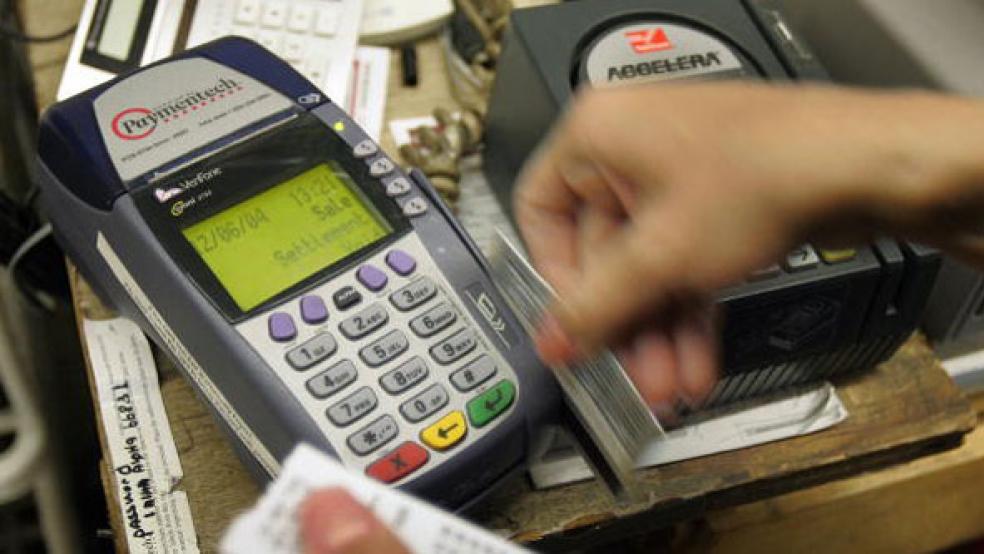
Feb. 22, 2010 marks a milestone for credit card reform. Sweeping new protections from the Credit Card Accountability, Responsibility and Disclosure Act of 2009, signed by President Barack Obama in May 2009, take effect. Two provisions of the new credit card law already took hold last August, and one more batch of rules will come in August 2010.
The law will change the way issuers profit from consumer credit cards. For example, the new rules prevent issuers from charging over-the-limit fees without prior customer consent, severely restrict rate hikes on existing balances and require that payments above the minimum be applied first to the balance that has the highest interest rate before debt with a lower APR.
In a conference call with reporters last Wednesday, Kenneth J. Clayton, senior vice president and general counsel of card policy at the American Bankers Association, and Nessa Feddis, vice president and senior counsel for regulatory compliance, highlighted some of the possible ramifications of the CARD Act. Here's a look into what card issuers may do with credit card accounts in the near future.
Higher interest rates for all
The law will prevent issuers from raising the rate on an existing balance because of a change in the borrower's risk profile. The CARD Act provides only four exceptions for its prohibition on rate hikes on existing balances. Paying another creditor late, for example, will not trigger a rate increase on a credit card issued by a different lender. This restriction could translate to a higher interest rate when you open an account.
"If you can't deal with your pricing on an ongoing basis, you have to deal with it on the front end and it may mean more fees and higher interest rates," Clayton said. Higher rates could even impact those with good credit scores. "You will see people that are low-risk individuals subsidizing risk for others," he said.
In addition, Clayton noted that those with "blemishes on their credit record" will have less access to credit. Folks who pose more risk or who have little information in their credit files may experience lower limits or be denied credit.
Best bet: Shop around for the lowest rate. If you can't qualify for an unsecured card, look into secured cards.
Experimentation with fees
While the law limits fees on subprime cards, requires customer consent for over-the-limit fees and bars bill payment fees, it doesn't block issuers from charging new fees to accounts. Feddis said issuers are "experimenting" with annual and inactivity fees.
The proportion of card offers featuring an annual fee hit 35 percent in the fourth quarter of 2009, which is the highest level in the last 10 years, according to market research firm Synovate Mail Monitor.
Most recently, Citi announced to some of its credit card customers that it would add a $60 annual fee to their accounts unless they opted out. They could get the fee credited back to their account if they reached the desired spending threshold over the next year.
Best bet: Read mail from your card issuer and weigh the cost of keeping the card. If you use the card and can get the fee refunded, it might make sense to endure the fee. If you never use the card and aren't in the market for a loan, closing the account can make the best financial sense. However, keep in mind that closing an account can hurt your credit score.
Tighter rules for rewards
Clayton speculated that while rewards programs aren't likely to disappear due to their popularity, issuers may tinker with the rules and restrictions of the programs. For example, last September, American Express began revoking rewards earned on its Blue and Blue Sky cards during any month the bill was paid late. The cardholder has to pay a $29 reinstatement fee to get the points back. Citi cardholders also forfeit rewards points accrued if the account isn't current.
Best bet: Periodically check on your rewards total to see if you have enough for redemption. Read notices about changes to your rewards program.
New consumer-friendly cards
Clayton highlighted new products that may provide a preview into how the marketplace will look.Some cards promote smart financial habits. For instance, Citi Forward lowers the interest rate by a quarter of a point if the customer spends under the limit and pays on time for three consecutive months. The maximum reduction is 2 percent for the life of the account.
Other card issuers have tools that help consumers manage their finances. Discover's Spend Analyzer tool lets users -- you guessed it -- track and break down their credit card spending.
Some cards offer simplicity, like the BankAmericard Basic Visa card, which has just one interest rate for balance transfers, cash advances and purchases.
Best bet: Incentives and useful tools are a nice bonus, but always look past the gimmicks when comparing cards. If you carry a balance, look for a card with a low interest rate.
XXX
